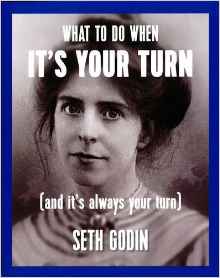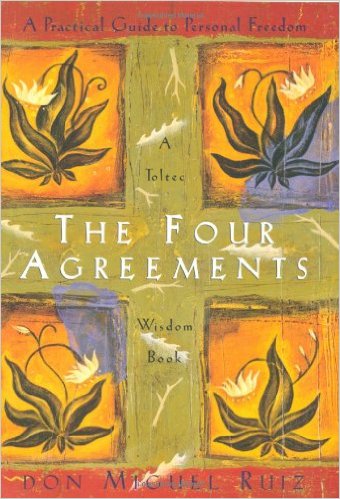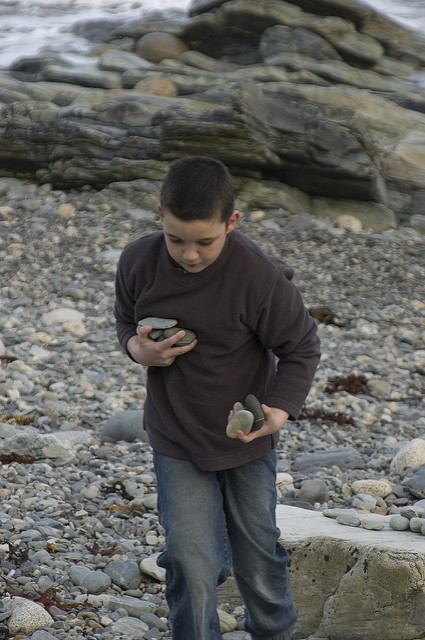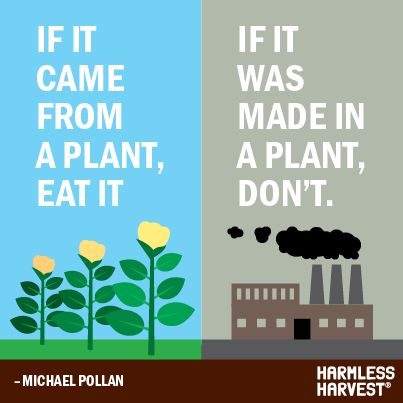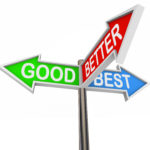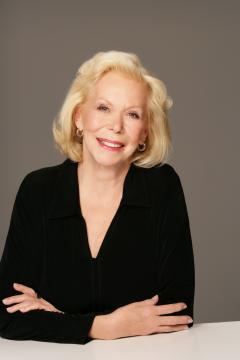“Choices are the hinges of destiny.”
⏤Edwin Markham, 20th Century American Poet

Image from Flickr by Fred Faulkner
In the book The Paradox of Choice, Barry Schwartz warns us that more is less, and that our abundance-based culture often robs us of our satisfaction in life.
Imagine yourself in a room with a few dozen doors. You are told that some will lead to great opportunities, others to places far less desirable, maybe even dead ends.
All too often, we are looking outside ourselves to what others or society tells us are the best choices. And yet, we are frequently dissatisfied, because by comparison there is always something better⏤or at least we think so.
EXERCISE:
How might you use your most deeply held values and beliefs to design and open the doors you are meant to open? Your destiny hinges on it.

